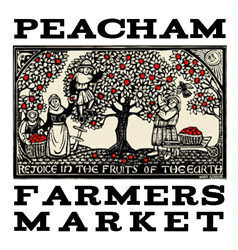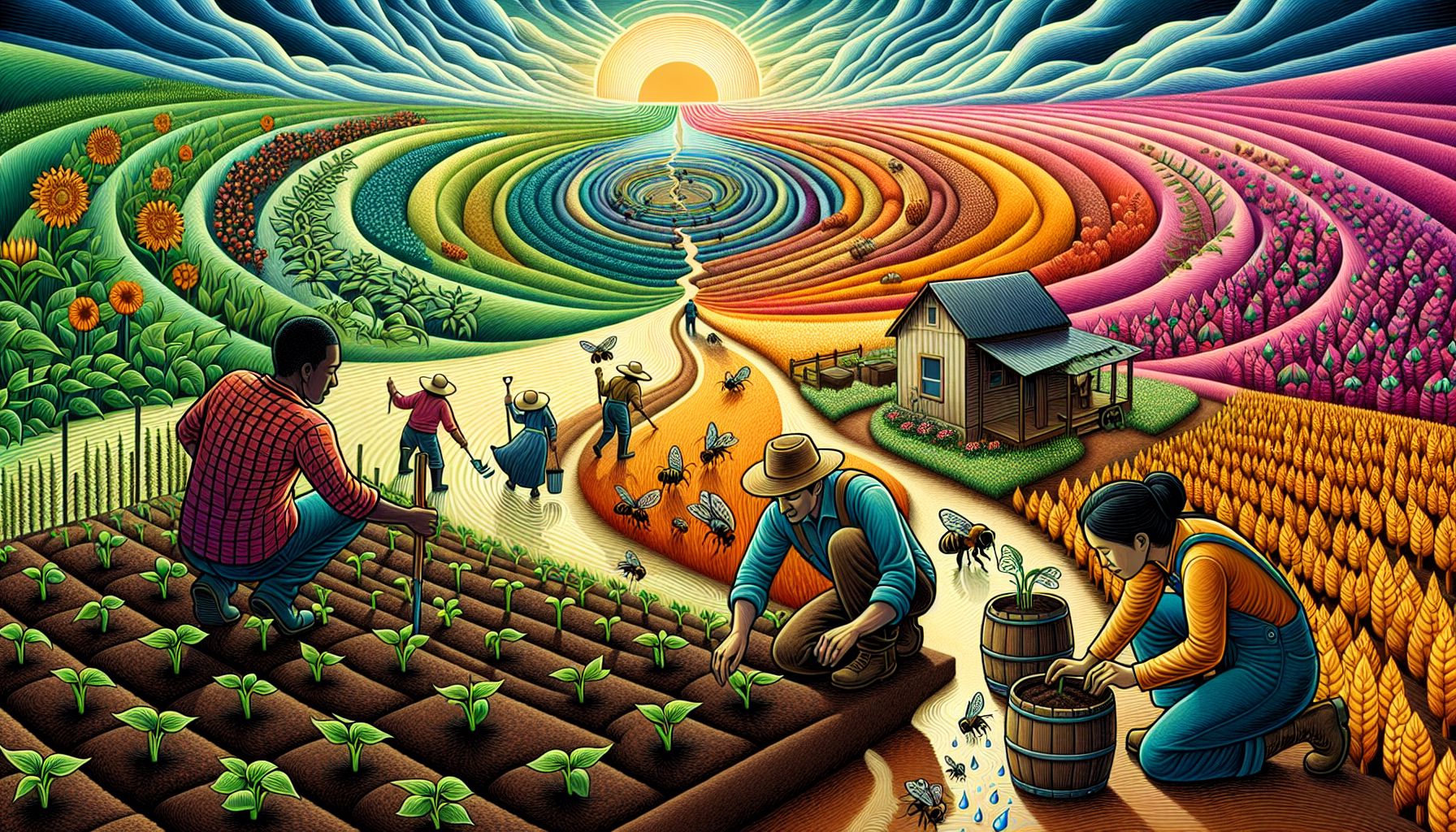In today’s fast-paced world, farming may not seem like a topic that garners much attention. However, the truth is, farming plays a crucial role in shaping not just economies but also ecosystems. Without sustainable farming practices, our food systems would collapse, leading to devastating consequences for both humans and the environment. Therefore, it is important to explore the latest trends in sustainable agriculture, the challenges faced by modern farmers, and the impact of farming on the environment.
The Growing Need for Sustainable Farming Practices
The depletion of natural resources, climate change and the increasing global population have put immense pressure on our food systems. As a result, sustainable farming practices have become a necessity. These practices aim to minimize the negative impact of farming on the environment while producing food in a way that is economically viable. Some of the latest trends in sustainable agriculture include precision farming, agroforestry, and organic farming.
Precision farming uses technology to collect data on soil, water, and weather conditions. This data is then used to make informed decisions about crop nutrition, irrigation and pest management. By implementing precision farming techniques, farmers can reduce their use of fertilizers, herbicides, and pesticides, leading to healthier soil and less contamination of water resources.
Agroforestry is a sustainable farming practice that involves creating a system where trees are integrated with crops or livestock. Trees provide multiple benefits such as preventing soil erosion, improving soil quality, and providing a diverse habitat for pollinators and other wildlife. This not only makes farming more environmentally friendly but also helps increase crop yields and diversify income sources for farmers.
The demand for organic food has been on the rise in recent years as more people become aware of the potential harm caused by chemical-based agriculture. Organic farming, which uses natural methods for pest and weed control, helps preserve soil health, prevent water pollution and protect biodiversity. Organic farming also has a positive impact on the environment by reducing carbon emissions and conserving energy.
Technology: A Game Changer in Farming
Technology has revolutionized the way we live and work, and farming is no exception. From drones for crop monitoring to automated irrigation systems, technology has made farming more efficient, productive and sustainable. In addition, the Internet of Things (IoT) is helping farmers collect important data on weather conditions, soil moisture and crop growth, allowing for more precise and timely decision making.
The use of genetically modified organisms (GMOs) remains a controversial topic in agriculture. While some argue that GMOs have the potential to increase crop yields and reduce the use of pesticides, others point out the potential risks they may pose to human health and the environment. As such, it is essential for farmers to carefully consider the impact of GMOs on their farming practices.
Challenges Faced by Modern Farmers
The life of a farmer is not easy. Farmers face numerous challenges, including unpredictable weather patterns, shortage of labor, and fluctuating market prices. In addition, the cost of farming inputs continues to rise, making it harder for small-scale farmers to sustain their livelihoods. This is especially true for those in developing countries who lack access to resources and technology for sustainable farming. As a result, many farmers are forced to turn to unsustainable practices to meet high market demands.
The Impact of Farming on the Environment
The impact of farming on the environment cannot be ignored. Agriculture is a major contributor to greenhouse gas emissions, deforestation, and loss of biodiversity. In addition, the use of chemical fertilizers and pesticides leads to pollution of water resources and soil degradation. Unsustainable farming practices also contribute to soil erosion, which in turn affects crop productivity. As the global population continues to grow, the demands for food production will only increase, putting more pressure on the environment. It is therefore crucial for farming to become more sustainable to ensure the long-term health of our planet.
The Future of Farming: A Journey towards Sustainable Living
The future of farming lies in sustainable practices and the adoption of technology. As the demand for food increases, sustainable farming techniques will become more necessary to protect our environment and resources. Governments and organizations need to invest in training and providing resources for farmers to transition to sustainable farming. Consumers can also play a role by choosing to support local, organic and sustainable farms.
In conclusion, farming plays a crucial role in our lives, shaping not just our economies but also our environment. To ensure a sustainable future, it is essential to adopt farming practices that minimize the negative impact on the environment, while still meeting the demands of a growing population. By embracing technology and implementing sustainable practices, we can pave the way towards a more sustainable way of living.

